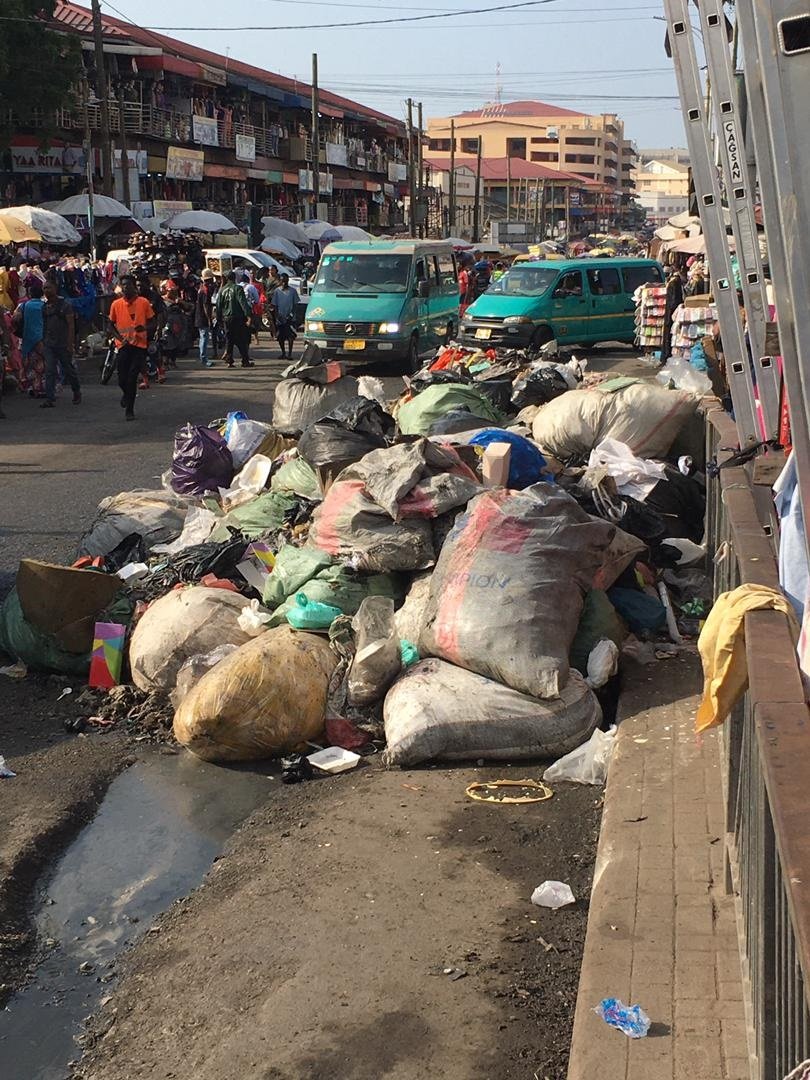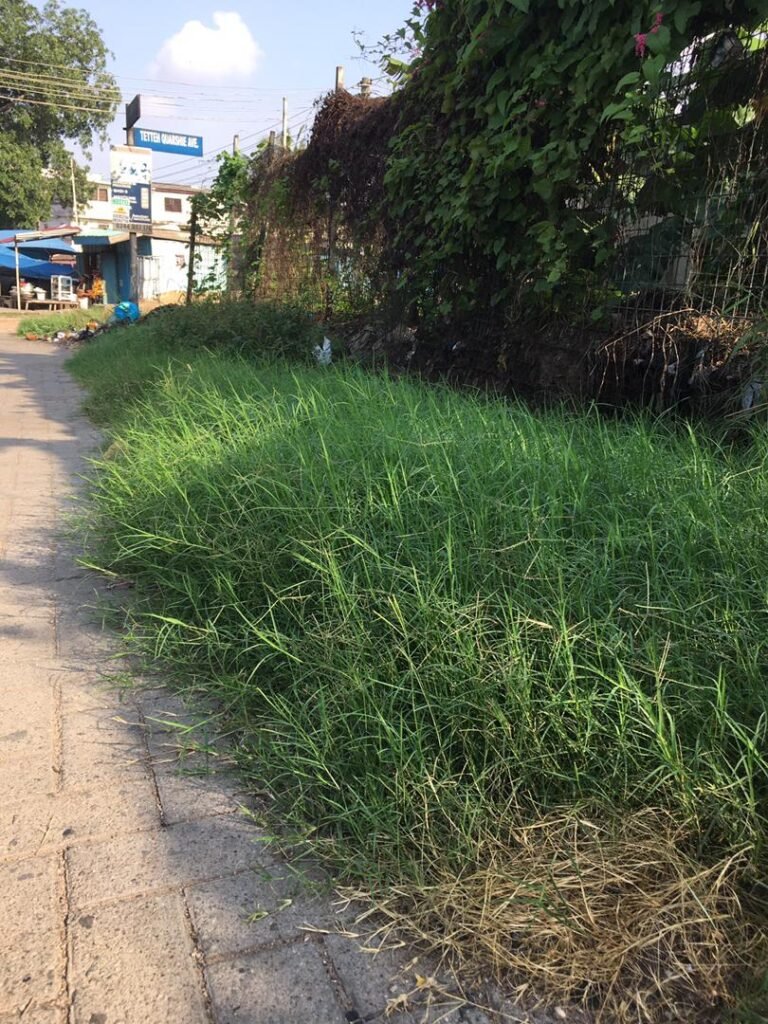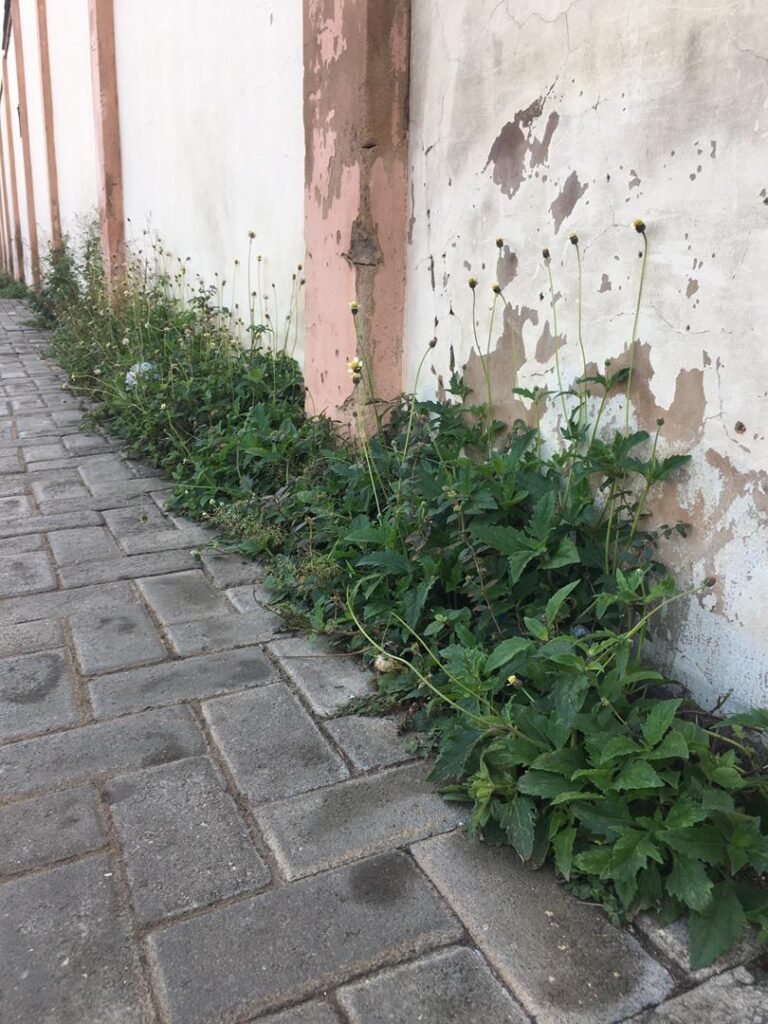Editorial
Exploitation of parents by some SHS heads
Second cycle institutions have just re-opened and fresh students who are entering the first year have been given bills to bring in certain items which they will need in school.
These items include brooms, cutlasses and buckets. At this time, these items have risen in prices because of the demand for them.
If these things are to help the school in any way, they will not be seen as creating problems for parents.
However, it is becoming increasingly clear that many heads of the institutions see this time as a period to exploit parents and guardians. When these items are brought, they are kept by loyal friends of the heads of the institutions who ensure that the items are taken to a particular shop for sale to the public.
We are told that, some of the shops are owned by the heads of the schools. This amounts to exploitation of parents and guidance.
The Spectator is, therefore, of the view that, special investigations need to be carried out into such matters. The investigation is very necessary because, the behaviour of these heads amount to defeating the purpose of the free SHS system and also the TVET programme being implemented by government.
It amounts to nothing but sabotage of the government programme of free education at the secondary level. Many parents are not happy about this, so the Ministry of Education together with the Ghana Education Service is expected to act on this issue without delay.
The GES has already directed the heads of institutions to make use of only GES approved prospectus. Failure to do this will attract severe sanctions. We are happy to hear this, so we expect the GES to rigidly apply the sanctions.
The purpose of the free SHS and free TVET is to make it possible for everyone to gain access to education at the secondary level. Saboteurs should, therefore, not be allowed to have their way in this matter.
What the Ministry of Education and the Ghana Education Service can do is to come out with a standard prospectus for all schools. It is true that items like paint may be needed to paint schools from time to time but if these are to be sold selfishly by some of the heads, then we need to take drastic measures against this misbehaviour and disgraceful act.
The system ought to be sanitised at once. If this is not done immediately, the purpose of the free SHS and TVET will be defeated.
Parents are not happy about this so the earlier something is done about the issue, the better it will be for the educational system at the second cycle schools.
Editorial
Urgent call to address sanitation, environmental neglect at Legon City Campus, Makola-Tudu Junction

Dear Editor
Ghana is grappling with mounting sanitation and environmental neglect and as a concerned citizen and advocate for a cleaner, safer and more presentable academic environment, I feel compelled to highlight disturbing issues I encountered during a recent visit to the enclave of Workers College, currently operating as Legon City Campus of the University of Ghana as well as Accra Central, specifically the stretch from Makola towards Tudu, just after the Ghana National Fire Service office.

At the Legon City Campus, formerly known as Workers College, widespread overgrowth of weeds along campus walls and walkways poses both safety and structural risks.
The unchecked vegetation is encroaching on pedestrian pathways and threatening the stability of surrounding walls.
Behind the campus, near the road to Adabraka and Liberia Road, garbage and overgrown weeds have turned the area into an eyesore, undermining the prestige of one of Ghana’s premier universities.
The environmental degradation reflects poorly on the institution’s leadership and jeopardizes student and community health.
I would like to urge the University of Ghana Estate Department to act immediately, clearing the weeds, reinforcing structural elements, cleaning the garbage-strewn areas, and establishing a consistent maintenance schedule.
This will ensure safety, institutional pride and civic responsibility.
In Accra Central, a similar crisis is festering. A growing heap of refuse near the Makola-Tudu Junction, just past the Ghana National Fire Service office has overwhelmed pedestrian walkways and spilled into vehicular lanes.
This not only causes human and traffic congestion but also creates a hazardous public health situation in one of the city’s busiest commercial zones.
As a tour guide and advocate for Ghana’s tourism industry, this development has damaging impact on the country’s image.
Tourists encountering filth in the capital’s core are left with a negative impression, counteracting national efforts to boost tourism.
I therefore call on the Accra Metropolitan Assembly (AMA), Osu Klottey Municipal Assembly, and sanitation agencies to enforce waste management laws, improve public hygiene infrastructure and revive the National Sanitation Day initiative to foster civic responsibility.
It is time for authorities at all levels to demonstrate leadership and restore dignity to these vital spaces. The status quo is no longer acceptable.
Frederick Nortey (Traveler, Tour Guide, Blogger, Writer)
Accra
Editorial
Renovate Efua Sutherland Children’s Park
The Efua Sutherland Children’s Park at West Ridge in the Greater Accra Region, now in ruins, needs renovations.
The once-vibrant recreational centre for children, families, students, and tourists is now in a state of neglect, according to our reporter who visited the place.
Efua Sutherland, a well-known playwright and children’s author, is honoured by the Park, an important recreational and cultural area. Her work with children made her a notable figure in Ghanaian literature and education.
The Park used to be well-known and a popular destination for schoolchildren, particularly during vacation, but today visitors are met with outdated machinery and dilapidated infrastructure.
A vital green space in the city, the park provides a calm setting for families and children to unwind, play, and take part in cultural events. It is relevant because it fosters community life, offers recreational opportunities, hosts cultural events, and connects people to their Ghanaian heritage.
Additionally, both locals and visitors may easily access it due to its central location. Nothing seems to have been done to update the space or give it a facelift.
During The Spectator’s tour of the facility it was observed that the 14.83-acre playground’s equipment has rusted and turned into death traps instead of serving the intended purpose of entertaining guests.
Children are put off by the condition of the equipment because they are afraid of getting hurt. Inquiries at the location also showed that few people visit to inquire about the place and that its current condition makes it unappealing for event planners to host special events there. This calls into question the country’s dedication to maintaining such iconic and public areas.
There is an urgent need to address the terrible situation.
In order to ensure that events are hosted in the park, The Spectator urges the Ministry of Gender, Women and Social Protection (MCWSP), which is in charge of overseeing the facility, to collaborate with investors and other stakeholders to give it a facelift.
We think that if the Park is renovated, it will draw more event planners and regain its reputation as a communal hub that promotes cultural pride and a sense of belonging.






